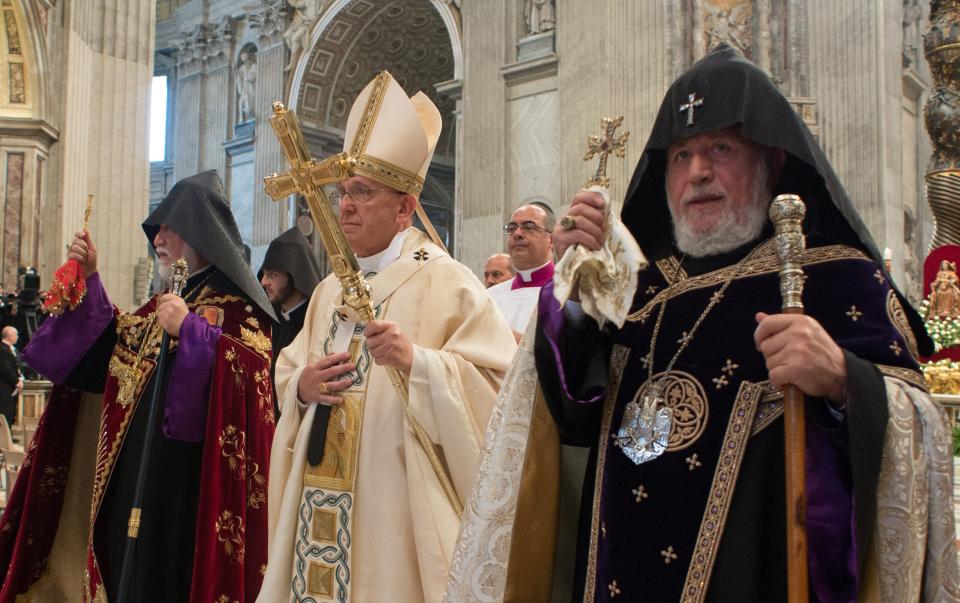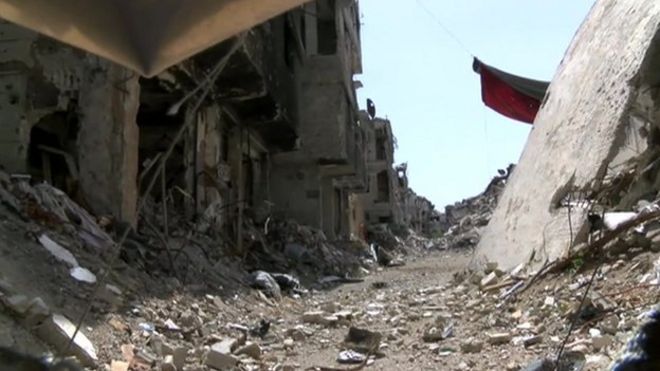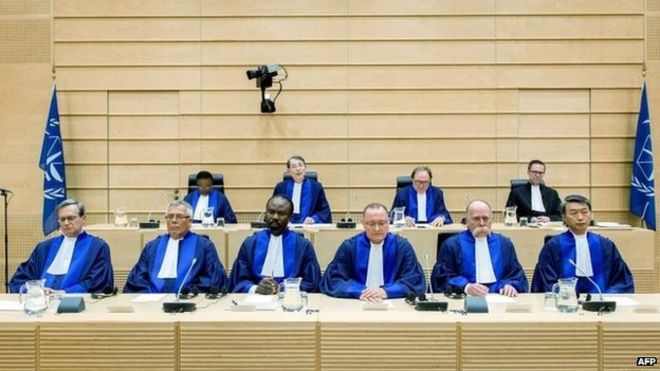By Max Bartels
Impunity Watch Reporter, The Middle East
Islamabad, Pakistan
Obama announced on Thursday that U.S. counter-terrorism operations in Pakistan on Al Qaeda targets killed an American and Italian hostage last January. The President took full responsibility for the deaths of American Warren Weinstein and Italian national Giovanni Lo Porto. The White House Press Secretary claimed Obama did not personally approve the strikes but they were in the bounds of policy guidelines. The White House did not admit that drones carried out the strikes that killed the hostages.

Al Qaeda captured Warren Weinstein in August 2011 while he was working as a USAID contractor in Pakistan. Lo Porto was taken hostage while working as an aid worker in 2012. Obama announced that the Inspector General is launching an investigation into the incident. Obama also stated that the U.S. government would compensate the families of both hostages. The U.S. did not recover the bodies of either hostage but multiple intelligence sources confirmed their deaths based off circumstantial evidence.
The President also disclosed that two American citizens, both Al Qaeda operatives, were killed by counter- terrorism operations in the same region of Pakistan. Ahmed Farouq was the Al Qaeda Deputy Amir for the Indian subcontinent and he was killed in the same strike that killed the two hostages. The other American, Adam Gadahn was also killed but the White House reported that he was likely killed in a separate operation.
Obama and the Press Secretary claimed that the U.S. government was not aware that the hostages or that the two American Al Qaeda operatives were present at the target sites. Critics of the drone strike campaign are using the incident for continued pressure on the Obama administration even though it is yet to be officially disclosed that drones carried out these operations. Obama announced two years ago that he would be scaling back drone operations however; the administration claims that these strikes were carried out within the guidelines for such missions. Regardless, the ACLU pointed out that there is a significant problem with continuing these strikes if there is continued harm to civilians. The ACLU also pointed out that the deaths of civilians shows a gap between the stringent standards the government says its using and the standards that are actually being used when carrying out these strikes.
For more information, please see:
CNN — U.S. Drone Strike Accidentally Killed 2 Hostages — 23 April, 2015
CNN — Al Qaeda Hostage, American Warren Weinstein, Killed in Operation — 23 April, 2015



